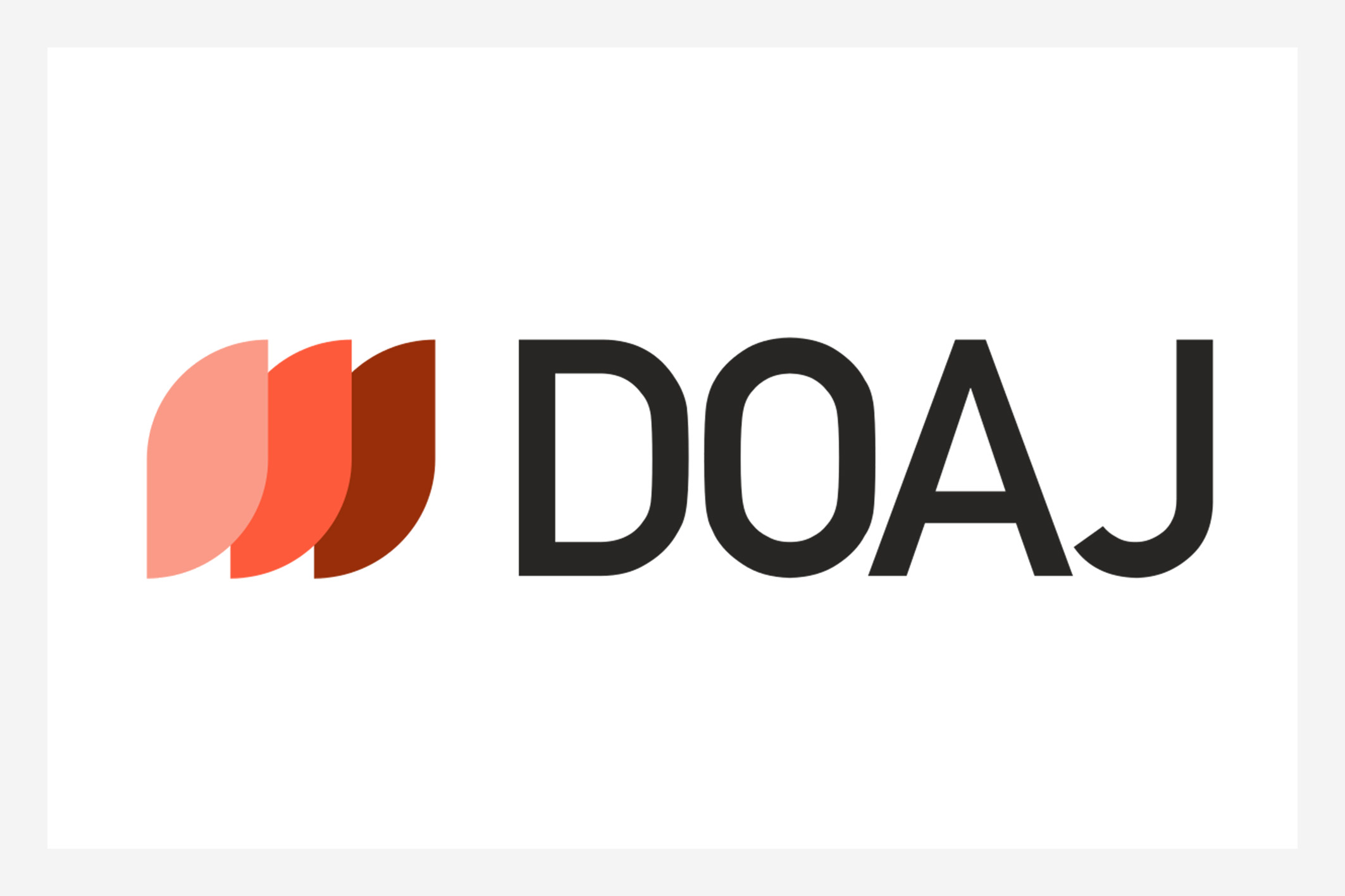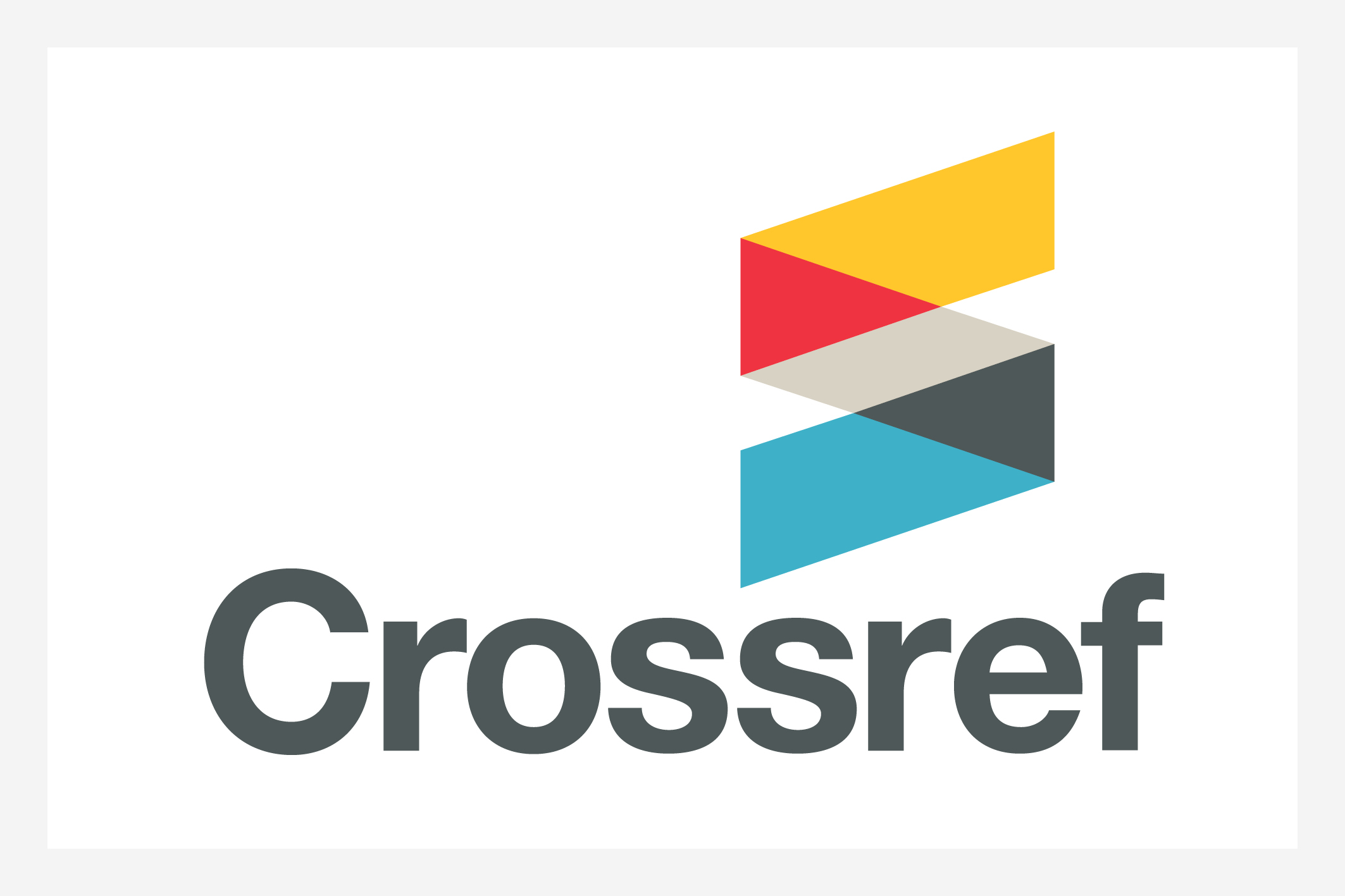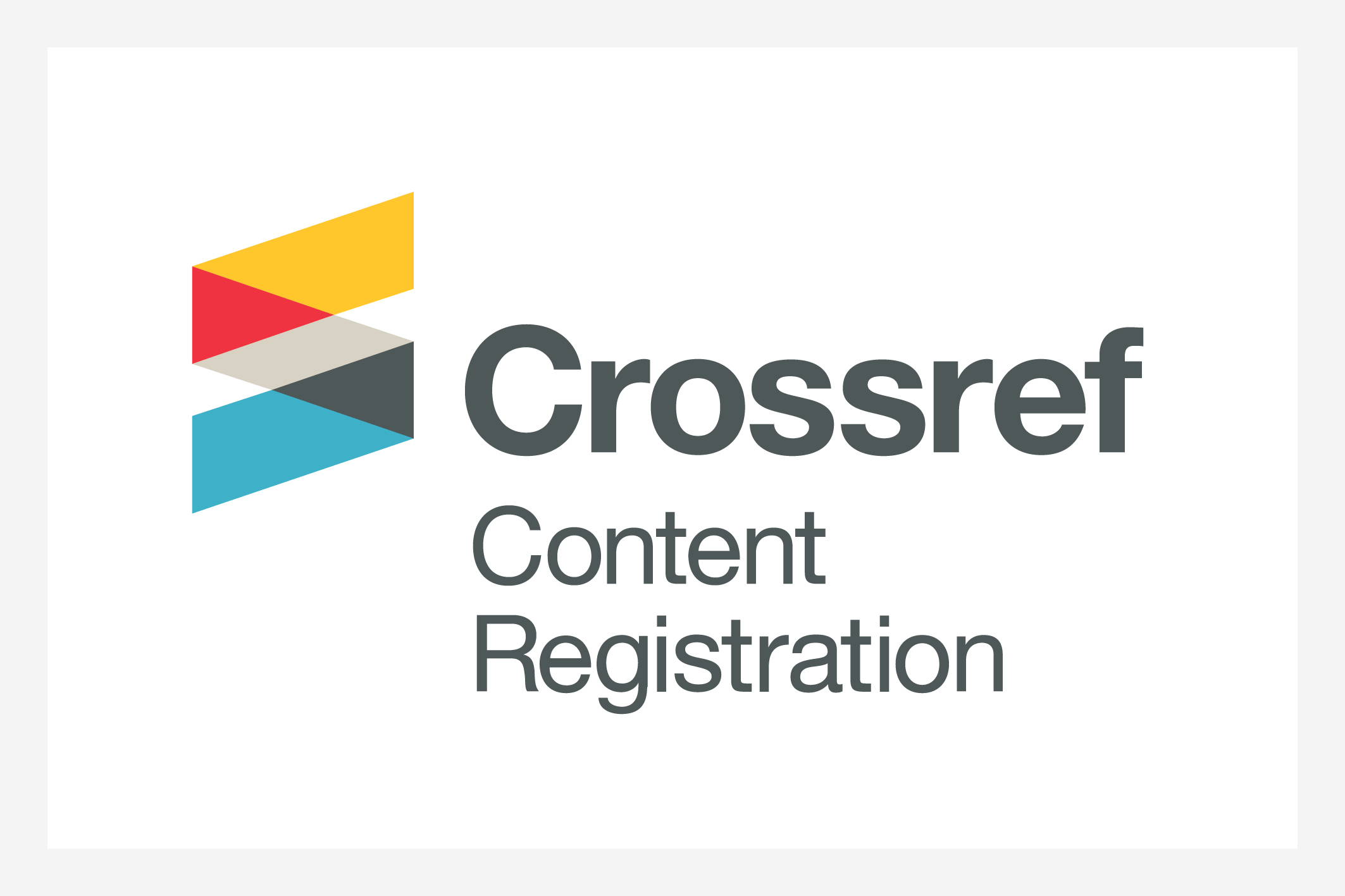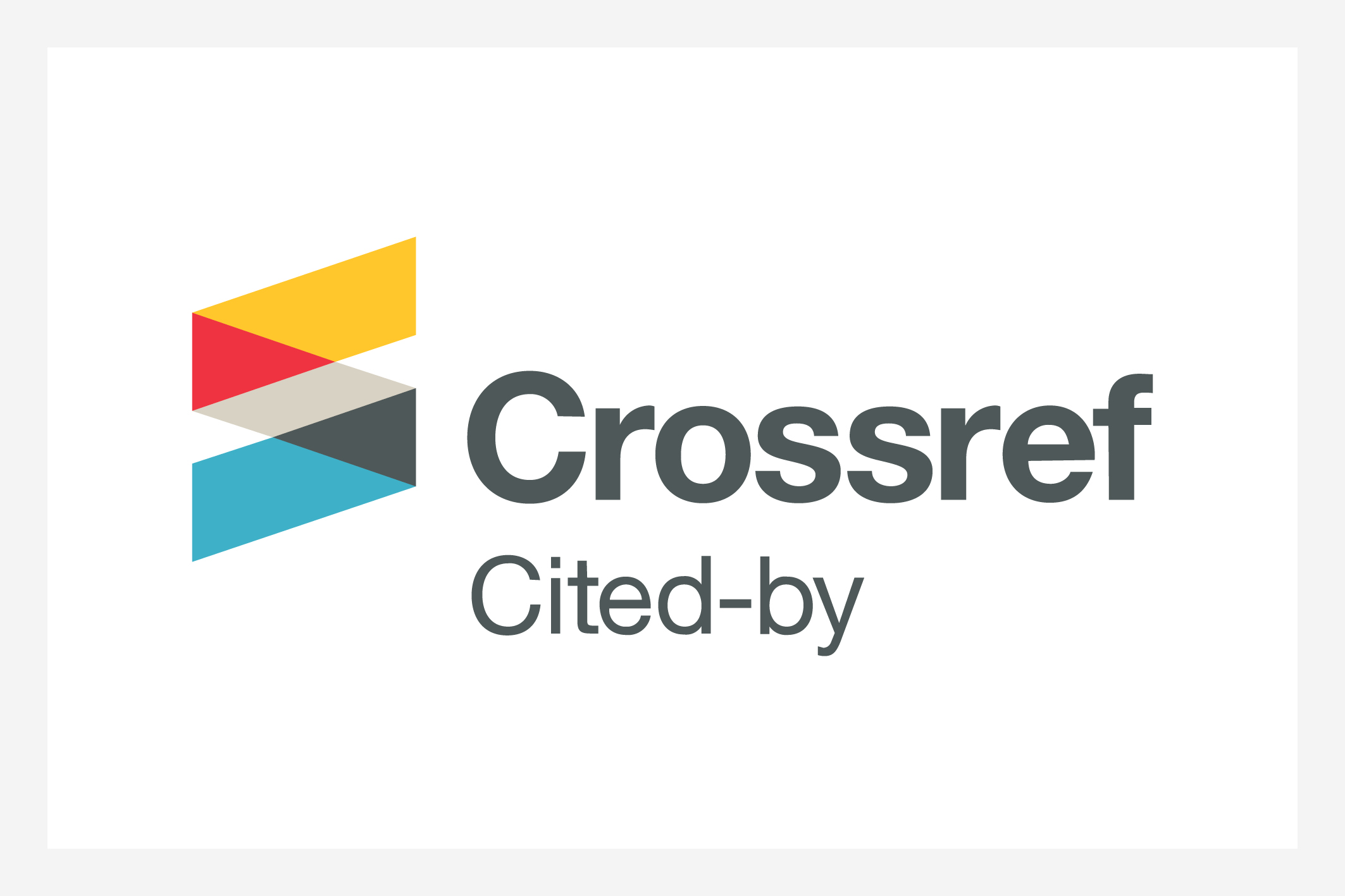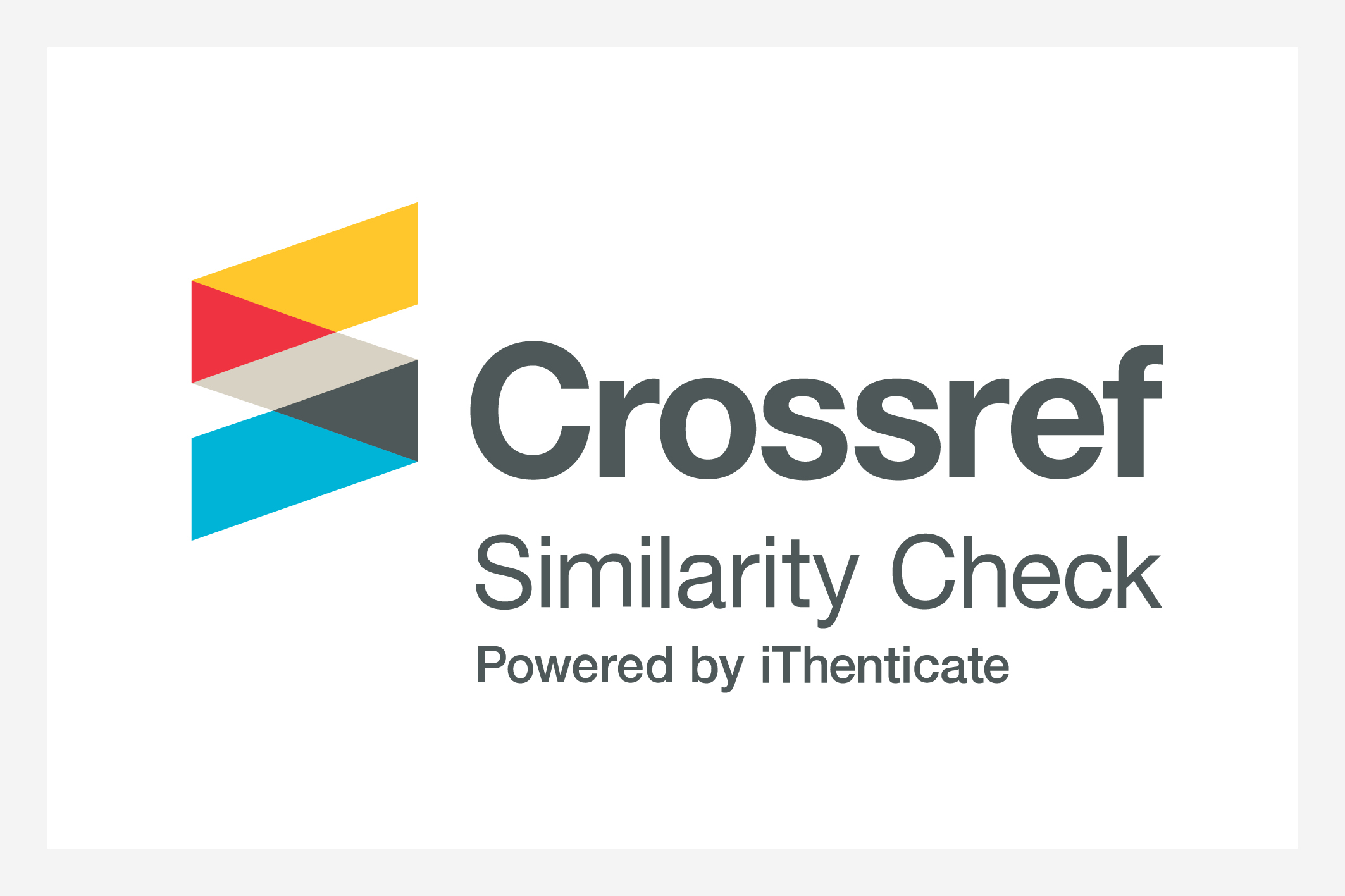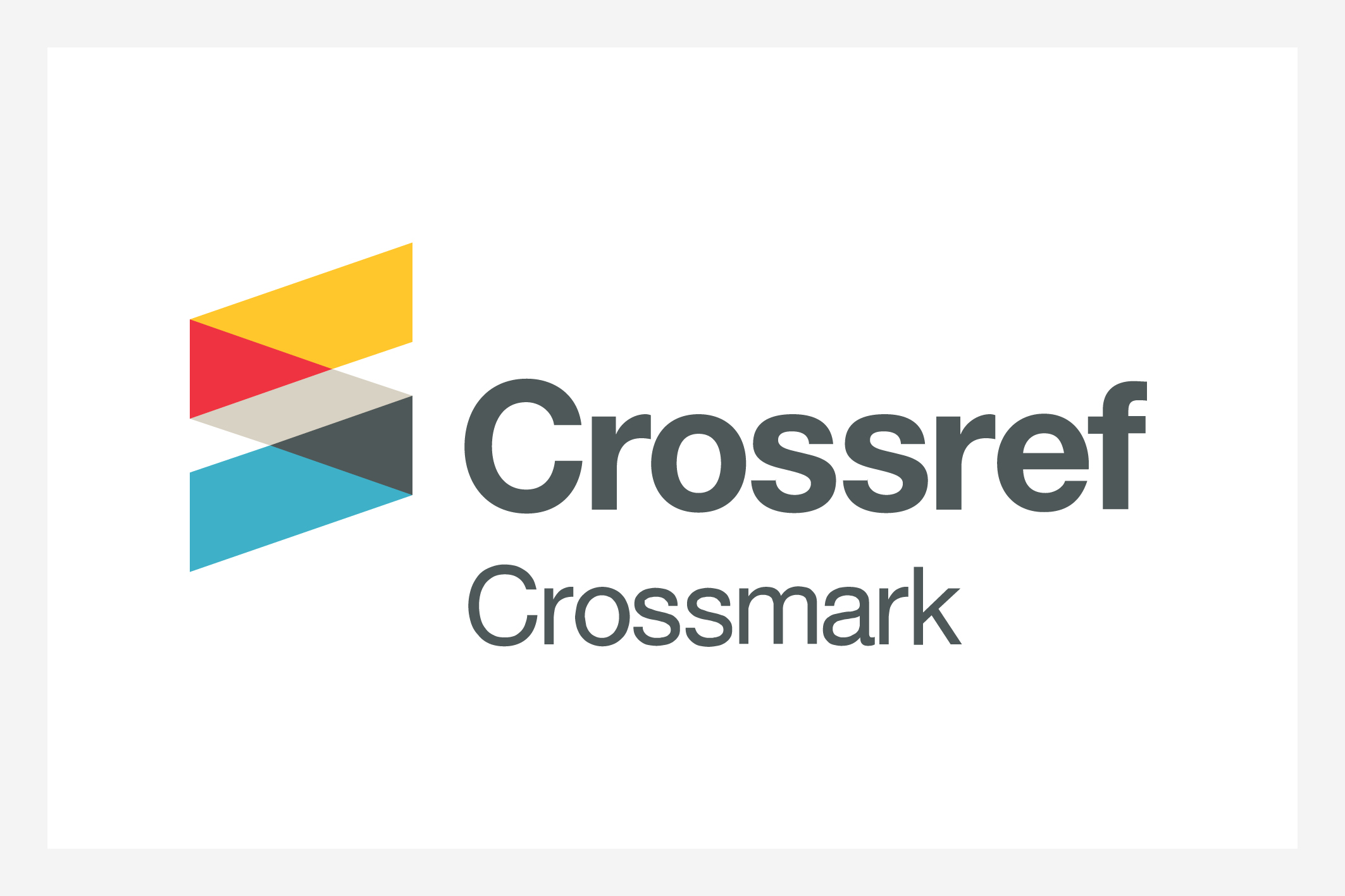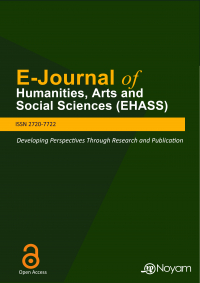
The Detrimental Effects of Bronco Drug Abuse on Educational Outcomes Among Zimbabwe Rural Female Adolescents in Masvingo West constituency: Underlying Causes and Mitigative Strategies
Issue: Vol.6 No.10 Article 33 pp.2691 – 2706
DOI: https://doi.org/10.38159/ehass.202561033 | Published online 30th September, 2025
© 2025 The Author(s). This is an open access article under the CCBY license (http://creativecommons.org/licenses/by/4.0/).
This qualitative study investigated the adverse implications of Bronco drug abuse on the educational attainment of rural female adolescents in Masvingo West constituency, Zimbabwe rural area, employing Albert Bandura’s Social Learning Theory as a guiding framework. The research aimed to identify the underlying causes of drug abuse and explore potential solutions to mitigate its effects. Through purposive sampling, 15 participants were selected based on specific criteria such as gender, geographical location, and relevant experiences with Bronco drug abuse. This diverse group comprised six female learners aged 15 to 18, two teachers, two parents, a counsellor, a police officer, a Ministry of Primary and Secondary Education official, a parliamentarian, and a village head, ensuring a broad perspective on the issue. Data collection involved two focus group discussions—one for adolescents and another for adults—to create a safe space for open dialogue. Each discussion lasted 90 minutes and was semi-structured, allowing participants to share their experiences regarding the impact of Bronco drug abuse on their education. Thematic analysis, guided by Clarke and Braun’s framework, involved familiarization with the data, coding, and theme identification. The findings indicate that Bronco drug abuse severely undermines academic performance, leading to increased absenteeism and diminished motivation among affected learners. A key recommendation is to implement community-based intervention programs that provide educational support and resources for both adolescents and their families. Through addressing the social and environmental factors contributing to drug abuse, these initiatives can enhance educational resilience and improve academic outcomes for affected learners.
Keywords: Bronco, Drug Abuse, Educational Attainment, Rural Female Adolescent, Zimbabwe
Abdulrahaman, Musbau D, Nasir Faruk, Abdulkarim A Oloyede, Nazmat Toyin Surajudeen-Bakinde, Lukman A Olawoyin, Omenogo Veronica Mejabi, Yusuf Olayinka Imam-Fulani, Abdulfagar O Fahm, and Adesina Lukuman Azeez. “Multimedia Tools in the Teaching and Learning Processes: A Systematic Review.” Heliyon 6, no. 11 (2020).
Adebayo, Kutu Augustine, Nzimande Ntokozo, and Ngema Zukiswa Grace. “Availability of Educational Resources and Student Academic Performances in South Africa.” Universal Journal of Educational Research 8, no. 8 (2020): 3768–81.
Batsell, Jake. “AIDS, Politics, and NGOs in Zimbabwe.” In The African State and the AIDS Crisis, 59–77. Routledge, 2018.
Charilaou, P., K. Agnihotri, P. Garcia, A. Badheka, D. Frenia, and B. Yegneswaran. “Trends of Cannabis Use Disorder in the Inpatient: 2002 to 2011.” The American Journal of Medicine 130, no. 6 (2017): 678–87.
Chidarikire, Munyaradzi. “A Peer Counselling Strategy for Alleviating Drug Abuse in Zimbabwean Rural Learning Ecologies .” University of the Free State, South Africa, 2017.
Chikokoa, Witness, Emelia Chikokob, Victor N Muzvidziwa, and Watch Ruparanganda. “Non-Governmental Organisations’ Response to Substance Abuse and Sexual Behaviours of Adolescent Street Children of Harare Central Business District.” African Journal of Social Work 6, no. 2 (2016): 58–64.
Chitongo, Leonard, Prince Chikunya, and Timothy Marango. “Do Economic Blueprints Work? Evaluating the Prospects and Challenges of Zimbabwe’s Transitional Stabilisation Programme.” African Journal of Governance and Development 9, no. 1 (2020): 7–20.
Clarke, Victoria, and Virginia Braun. “Teaching Thematic Analysis: Overcoming Challenges and Developing Strategies for Effective Learning.” The Psychologist 26, no. 2 (2013).
Driskell, David. Creating Better Cities with Children and Youth: A Manual for Participation. Routledge, 2017.
Driskell, Tripp, Eduardo Salas, and James E. Driskell. “Teams in Extreme Environments: Alterations in Team Development and Teamwork.” Human Resource Management Review 28, no. 4 (December 2018): 434–49. https://doi.org/10.1016/j.hrmr.2017.01.002.
Forsén Mantilla, Emma, Claes Norring, and Andreas Birgegård. “Self-Image and 12-Month Outcome in Females with Eating Disorders: Extending Previous Findings.” Journal of Eating Disorders 7, no. 1 (2019): 15.
Gebauer, Jochen, Constantine Sedikides, and Alexandra Schrade. “Christian Self-Enhancement.” Journal of Personality and Social Psychology 113, no. 5 (2017): 786.
Ismail, Nik Ahmad Hisham, and Mustafa Tekke. “Rediscovering Rogers’s Self Theory and Personality.” Journal of Educational, Health and Community Psychology 4, no. 3 (2015): 28–36.
Jakaza, Tafadzwa Ngonidzashe, and Chamunongwa Nyoni. “Emerging Dynamics of Substance Abuse among Street Children in Zimbabwe. A Case of Harare Central Business District.” African Journal of Social Work 8, no. 2 (2018): 63–70.
Jerie, Steven. “Urban Youth Unemployment in Zimbabwe: Nature, Challenges and Consequences.” Urban Youth Unemployment in Eastern and Southern Africa: Features, Consequences and Cut-Back Strategies, 2015, 40–62.
Kabugi, F. “Opportunities for Faith Based Organizations in Substance Use Prevention: A Christian Perspectives.” Educational Review: International Journal 16, no. 1 (2019).
Kaburuk, Chidawa B. “Polygyny in the Old Testament and the Church in Africa.” Dallas Theological Seminary, 1976.
Kim, Hyun, Jong-Hyeok Lee, and Seung-Hoon Na. “Predictor-Estimator Using Multilevel Task Learning with Stack Propagation for Neural Quality Estimation.” In Proceedings of the Second Conference on Machine Translation, 562–68, 2017.
Kwashirai, Vimbai Chaimba. “ The Movement for Democratic Change Was Number One Enemy in 2000.” In Election Violence in Zimbabwe: Human Rights, Politics and Power, 128–58. Cambridge : Cambridge University Press, 2023.
Macheka, Tafadzwa, and Sikanyiso Masuku. “Youth Participation Structures in Zimbabwe: A Lens into the Experiences of Rural Youth within WADCOs and VIDCOs.” University of Cape Town. Retrieved from Ccsr. Uct. Ac. Za, 2019.
Mahiya, Innocent Tonderai. “Urban Youth Unemployment in the Context of a Dollarised Economy in Zimbabwe.” Commonwealth Youth and Development 14, no. 1 (2016): 97–117.
Makande, N A. “The Effectiveness of the Zimbabwe Republic Police Criminal Investigation Department in Curbing Drug Abuse among Youths in Zimbabwe: A Case of Mbare.” Unpublished Thesis. Midlands State University. Available at: Https://Cris. Library. Msu. Ac. Zw//Handle/11408/3354 [Accessed: 29 March 2023], 2017.
Maraire, Tariro, and Saralah Devi Mariamdaram Chethiyar. “The Nexus between Violent Video Game Playing and Aggression among Emerging Adults at Universiti Utara Malaysia.” International Journal of Education 4, no. 33 (2019): 298–308.
Maraire, Tariro, and Saralah Devi Chethiyar Mariamdaran. “Drug and Substance Abuse Problem by the Zimbabwean Youth: A Psychological Perspective.” Practitioner Research 2 (2020): 41–59.
Matunhu, Jephias, and Viola Matunhu. “Drugs and Drug Control in Zimbabwe.” In Pan-African Issues in Drugs and Drug Control, 155–78. Routledge, 2016.
Matutu, Vakai, and Daniel Mususa. “Drug and Alcohol Abuse among Young People in Zimbabwe: A Crisis of Morality or Public Health Problem.” Available at SSRN 3489954, 2019.
Mazuru, Nancy. “Zimbabwean Youths and the Insecurities From.” Rethinking Securities in an Emergent Technoscientific New World Order: Retracing the Contours for Africa’s Hi-Jacked Futures, 2018, 297.
Mbwambo, Jessie, Sheryl A McCurdy, Bronwyn Myers, Barrot Lambdin, Gad Paul Kilonzo, and Pamela Kaduri. “Drug Trafficking, Use, and HIV Risk: The Need for Comprehensive Interventions.” Sahara-J: Journal of Social Aspects of Hiv/Aids 9, no. 3 (2012): 154–59.
Mongale, Collin Olebogeng. “Social Discontent or Criminality? Navigating the Nexus Between Urban Riots and Criminal Activities in Gauteng and KwaZulu-Natal Provinces, South Africa (2021).” Frontiers in Sustainable Cities 4 (May 11, 2022). https://doi.org/10.3389/frsc.2022.865255.
Mtemeri, J, and M Nhamo. “Interrogating Challenges of Youths Unemployment in Rural Areas of Masvingo, Zimbabwe: A Search for Alternative Options.” Journal of African Interdisciplinary Studies 3, no. 5 (2019): 16–27.
Muchena, Patricia, and Janet Makotamo. “Drug Misuse among High School Candidates in Mutare Urban and Peri Manicaland Province, Zimbabwe.” IOSR Journal of Research & Method in Education 7, no. 3 (2017): 63–72.
Mugovhani, Ndwamato. ““African Renaissance, Indigenous African Music, and Globalisation: Collusion or Collision?“” 6 (January 1, 2013): 1–13.
Murambidzi, Ignicious. “Conceptualisation of Mental Illness among Christian Clergy in Harare, Zimbabwe,” 2016.
Mushanyu, J, F Nyabadza, G Muchatibaya, and A G R Stewart. “Modelling Drug Abuse Epidemics in the Presence of Limited Rehabilitation Capacity.” Bulletin of Mathematical Biology 78, no. 12 (2016): 2364–89.
Ndasauka, Yamikani, and Grivas Muchineripi Kayange. Addiction in South and East Africa. Springer, 2019.
Nhapi, Tantenda, and Takudzwa Mathende. “Drug Abuse: An out of School Adolescent’s Survival Mechanism in the Context of a Turbulent Economic Landscape–Some Zimbabwean Perspectives.” Acta Criminologica: African Journal of Criminology & Victimology 29, no. 3 (2016): 126–39.
Nhapi, Tatenda. “Drug Addiction among Youths in Zimbabwe: Social Work Perspective.” In Addiction in South and East Africa: Interdisciplinary Approaches, 241–59. Springer, 2019.
Nhunzvi, Clement. “An Occupatiobnal Perspectice on the Journey of Recovery from Substance Abuse among Young Zimbabwean Men,” 2014.
Nhunzvi, Clement, Roshan Galvaan, and Liesl Peters. “Recovery from Substance Abuse among Zimbabwean Men: An Occupational Transition.” OTJR: Occupation, Participation and Health 39, no. 1 (2019): 14–22.
Nhunzvi, Clement, and Edwin Mavindidze. “Occupational Therapy Rehabilitation in a Developing Country: Promoting Best Practice in Mental Health, Zimbabwe.” Imperial Journal of Interdisciplinary Research 2, no. 12 (2016): 685–91.
Otheguy, Ricardo, Ofelia García, and Wallis Reid. “A Translanguaging View of the Linguistic System of Bilinguals.” Applied Linguistics Review 10, no. 4 (November 26, 2019): 625–51. https://doi.org/10.1515/applirev-2018-0020.
Pufall, E L, J W Eaton, L Robertson, P Mushati, C Nyamukapa, and S Gregson. “Education, Substance Use, and HIV Risk among Orphaned Adolescents in Eastern Zimbabwe.” Vulnerable Children and Youth Studies 12, no. 4 (2017): 360–74.
Riggs, Erin Rooney, Erica F. Andersen, Athena M. Cherry, Sibel Kantarci, Hutton Kearney, Ankita Patel, Gordana Raca, et al. “Technical Standards for the Interpretation and Reporting of Constitutional Copy-Number Variants: A Joint Consensus Recommendation of the American College of Medical Genetics and Genomics (ACMG) and the Clinical Genome Resource (ClinGen).” Genetics in Medicine 22, no. 2 (February 2020): 245–57. https://doi.org/10.1038/s41436-019-0686-8.
Rogers, Jessica. “The Use of Social Media and Its Impact for Research.” BioResources 14, no. 3 (2019): 5022–24.
Rooney, Ronald H. Strategies for Work with Involuntary Clients. Columbia University Press, 1992.
Rwafa, Chido, Walter O Mangezi, and Munyaradzi Madhombiro. “Substance Use among Patients Admitted to Psychiatric Units in Harare, Zimbabwe.” Zimbabwe (September 6, 2019), 2019.
Schifano, Fabrizio, Stefania Chiappini, John M Corkery, and Amira Guirguis. “Abuse of Prescription Drugs in the Context of Novel Psychoactive Substances (NPS): A Systematic Review.” Brain Sciences 8, no. 4 (2018): 73.
Schoedel, Kerri A, Armel Stockis, and Edward M Sellers. “Human Abuse Potential of Brivaracetam in Healthy Recreational Central Nervous System Depressant Users.” Epilepsy & Behavior 78 (2018): 194–201.
Subramaniam, Geetha, Laura Nolan, Kristen Huntley, Michelle Corbin, Kenyatta Crenshaw, Todd Mandell, Janet Linton, and Quandra Blackeney. “National Institute on Drug Abuse: Dissemination of Scientific Knowledge to Improve Adolescent Health.” Child and Adolescent Psychiatric Clinics of North America 32, no. 1 (2023): 157–67.
Zeanah, Charles H. Handbook of Infant Mental Health. Guilford Publications, 2018.
Zvira, T. “Zimbabwe: Inside Harare’s Dark Illegal Drug Trafficking Syndicates.” The Standard. Retrieved from http://www. apastyle. org/learn/faqs/cite …, 2016.
Dr. Munyaradzi Chidarikire is an academic in the Department of Education at the University of the Free State in South Africa. He specializes in Educational Psychology, Counseling, and Health Life Skills, emphasizing the importance of mental well-being in education. He holds a PhD in Educational Psychology from the University of the Free State, where he developed innovative approaches to learning and psychological support. Dr. Chidarikire also earned a Master’s degree (2.1) in Educational Psychology from Great Zimbabwe University in Zimbabwe. He was recognized as the best student at Bachelor of Honours degree in Educational Psychology at Great Zimbabwe University. His academic accolades include a Bachelor of Honours degree in Educational Psychology which was awarded with first-class honors degree (Cum Laudie) for outstanding achievement. He also holds a Bachelor of Honours degree in Counseling (2:1) and a Diploma in Further Education and Training, where he was honored as the best student. Additionally, he has completed certificate in Further Education and Training (Masvingo Polytechnic College, Zimbabwe) and Certificate in HIV and AIDS (UNISA). Dr. Chidarikire has received three University book prizes for his exceptional performance, including recognition as the best student at Great Zimbabwe University and at Masvingo Polytechnic College. He has authored 2 books, published over 35 academic articles and contributed more than 20 book chapters. Dr. Chidarikire has also presented at over 15 local and international conferences, sharing his expertise in educational psychology and counseling.
Dr. Kamwendo is a lecturer and Acting Programme Director for Gender Studies in Centre for Gender and Africa studies in the University of the Free State. Prior to joining the university of the Free State, Dr Kamwendo has served as a post-doctoral research fellow in the University of KwaZulu-Natal, based at Edgewood School of Education. In 2021, Dr Kamwendo was appointed a team leader for the Project renewal undertaken at UKZN School of Arts and then as a coordinator in the college of Humanities responsible for rolling out the Post graduate diploma in Africa’s indigenous knowledge systems (IKS). In the pursuit for her interest in interdisciplinary and innovative research, Dr Kamwendo’ PhD thesis pulled together issues of gender, language and IKS. This makes her an expert in both areas of Gender and African studies. Evident to innovative claims, Dr Kamwendo has received a number of awards both in South Africa and beyond for instance the National Research Fund(NRF); the Laurette award by CODESRIA on proposal writing in 2015 as well as a Grant for the provision of user-friendly toilets in community secondary schools in Malawi through a Gender Design in Science, Technology, Engineering, Art and Mathematics (STEAM), an initiative in Low- and Middle-income countries by University of Carleton of Canada. Dr Kamwendo has published in areas of gender and indigenous knowledge systems in accredited journals as well as presenting papers at both local and international conferences. Dr Kamwendo is a passionate, team player, goal oriented and open minded individual whose ambitions are to keep improving and developing an academic niche especially on areas of gender research.
Chidarikire, Munyaradzi , and Juliet Kamwendo.“ The Detrimental Effects of Bronco Drug Abuse on Educational Outcomes Among Zimbabwe Rural Female Adolescents in Masvingo West constituency: Underlying Causes and Mitigative Strategies,” E-Journal of Humanities, Arts and Social Sciences 6, no. 10 (2025): 2691 – 2706, https://doi.org/10.38159/ehass.202561033
© 2025 The Author(s). Published and Maintained by Noyam Journals. This is an open access article under the CCBY license (http://creativecommons.org/licenses/by/4.0/).


